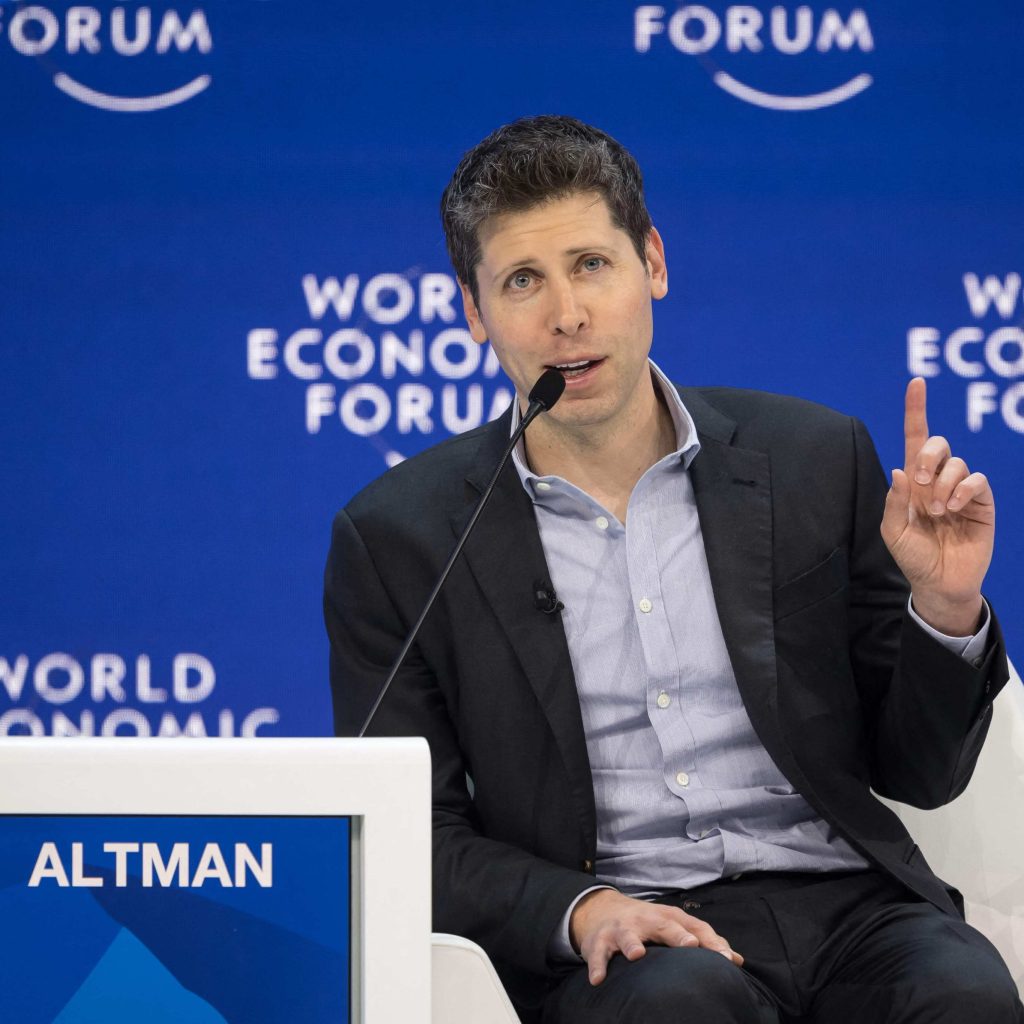The United Nations, in collaboration with ABBA songwriter Bjorn Ulvaeus, has unveiled a groundbreaking online platform known as “CLIP” (Creators Learn Intellectual Property). This platform aims to empower artists by providing them with the knowledge and tools to protect their intellectual property rights, especially in the face of growing challenges posed by artificial intelligence (AI) in the music industry.
Empowering artists in the digital age
As the consumption of online content continues to surge, artists are confronted with the need to safeguard their creative works and ensure they receive the recognition and compensation they deserve. CLIP seeks to address this pressing issue by offering valuable guidance to creators navigating the complexities of the creative industries.
Bjorn Ulvaeus, the renowned songwriter responsible for co-writing numerous chart-topping hits with the iconic Swedish pop group ABBA, expressed his enthusiasm for CLIP. He emphasized the platform’s role in helping creators unlock the full value of their content and comprehend the intricacies of intellectual property rights.
CLIP: A vital resource for artists
CLIP is a free-to-use online resource designed to educate artists about the steps they can take to secure proper credit and compensation for their artistic endeavors, particularly as digital content consumption becomes increasingly prevalent.
The initiative to create CLIP was a joint effort between the United Nations’ World Intellectual Property Organization (WIPO) and Bjorn Ulvaeus, who not only achieved global acclaim through his work with ABBA but also co-founded the Music Rights Awareness Foundation.
Navigating the complex music industry
Bjorn Ulvaeus highlighted the ever-growing complexity of the music industry, stressing the importance of education and awareness for new songwriters. He underlined the necessity of understanding one’s rights and the essential steps for registering original compositions, emphasizing that this knowledge is fundamental to sustaining a successful music career.
“Songwriting takes a lot of work and time,” Ulvaeus noted. “To become a skilled craftsman, even if you possess talent, you need to be compensated for your efforts, and that requires a deep understanding of your rights.”
The ease of streaming services has indeed helped combat piracy, but it also raises the challenge of ensuring that musicians receive their due compensation. Without proper registration, streaming platforms may struggle to identify the rightful recipients of royalties.
The AI threat to the music industry
While ABBA remains one of the best-selling recording artists of all time, Bjorn Ulvaeus pointed out the looming threat posed by artificial intelligence to the music industry. AI introduces new possibilities and challenges for songwriters, with the potential for the market to be flooded with AI-generated songs based on existing works.
Ulvaeus urged the need to distinguish between human creativity and AI-generated content, emphasizing that the music industry must find solutions to fairly compensate those whose catalogs serve as the foundation for AI models.
He provided an example of AI generating an ABBA-style love ballad performed by Frank Sinatra and accompanied by a symphony orchestra, highlighting the difficulty in tracing the origin of such influences.
CLIP’s focus on the music industry
The initial iteration of CLIP concentrates on the music industry, offering users insights into the various stakeholders involved in bringing a song to market and helping them grasp the rights of music creators.
Daren Tang, the Director-General of WIPO, emphasized the significance of supporting creators in their pursuit of transforming artistic passion into a sustainable profession. He highlighted that creators contribute their talent and artistic vision to enrich our lives with music, art, song, and dance.
The legacy of ABBA and the role of songwriters
ABBA, comprised of members Bjorn Ulvaeus, Benny Andersson, Anni-Frid Lyngstad, and Agnetha Faltskog, achieved global stardom after winning the 1974 Eurovision Song Contest with their hit “Waterloo.” The group went on to produce a string of monumental hits before temporarily disbanding in 1982, following the release of their album “The Visitors.” However, they made a triumphant return with the release of their 2021 album, “Voyage.”
Bjorn Ulvaeus emphasized the essential role of songwriters in the music industry, stating that they are often overlooked in favor of performing artists. He passionately asserted that songwriters and creators should be at the heart of the industry because “it all begins with a song.”
In an era where AI presents both opportunities and challenges to the music industry, CLIP emerges as a crucial resource to empower artists and ensure that their creative contributions are recognized and rewarded, ultimately preserving the integrity of the music industry in the face of evolving technologies.





